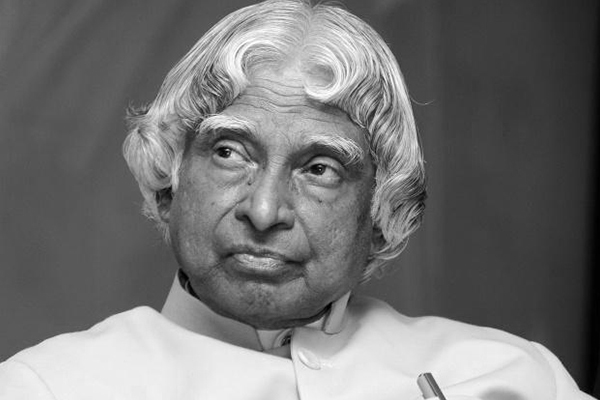Course : B.Voc. Industrial Management
Duration : 3 Years
Term : Full Time
Seats : 30
Semesters : 6
Admission : Merit based (as per VNSGU)

“For, each man can do best and excel in only that thing of which he is passionately fond, in which he believes, as I do, that he has the ability to do it, that he is in fact born and destined to do it.”
– Dr APJ Abdul Kalam
The course will equip students with the knowledge and skills to pick up challenging jobs in Industrial Management, which includes:
a. Understanding of
b. Adequate professional skills and competencies in
c. Adopting Healthy and professional attitude so that one has
As per the UGC guidelines, each year’s curriculum involves a 60-40 split between the skill development and general education components respectively. The skill development component will be catered to through internships with the industry partners.
In addition to the above topics, students will also cover Computer Literacy, English and Communication, Life and Soft Skills, Financial Literacy, and Entrepreneurship and Employment Readiness to ensure more holistic learning.
When you embrace a learner’s attitude, the whole world has something to share with you.
– Sadguru Whisper